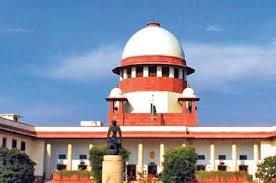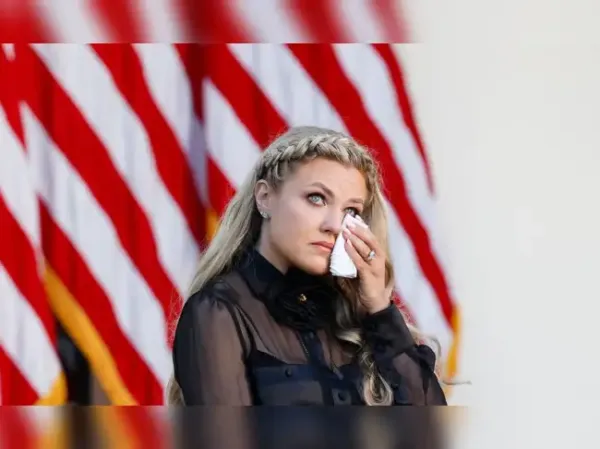
New Delhi: The Supreme Court flagged concern about the ‘apathetic attitude’ of the Centre and state governments towards integrating transgender persons into the mainstream and formed a panel headed by a retired Delhi High Court judge to formulate a national equal opportunity policy.
Setting up a committee to frame a policy for the community in arenas of employment and education, the court directed setting up of a transgender protection cell and a dedicated nationwide toll-free helpline number to address the concerns of the community.
The bench said the Transgender Persons (Protection of Rights) Act of 2019 and its corresponding rules have been “brutishly reduced to dead letters”, and the Centre and the states have exhibited a “grossly apathetic” attitude towards them.
“The community continues to face discrimination and marginalisation, with a scarcity of healthcare, economic opportunities and non-inclusive educational policies adding to their struggles,” the two-member bench said.
“Systemic barriers like the absence of the option of a ‘third gender’ make the entry of transgender persons in the organised workforce impossible. Even if they are hired, they are expected to keep their identity hidden, which is grossly violative of one’s right to dignity under Article 21,” the court pointed out.
The Supreme Court was hearing a petition filed by a transwoman who alleged that she had been discriminated against and terminated from her services by a school in Uttar Pradesh in December 2022 and another one in Gujarat in July 2023 because of her gender identity.
In its order on Friday, the top court directed the Central government, Uttar Pradesh and Gujarat governments, and the school in Gujarat to pay Rs 50,000 each to the woman for discriminating against her, PTI reported.
In its 177-page verdict, Supreme Court directed the panel it constituted to prepare a report and/or draft policy within six months from the date of judgment and directed the Central government to “bring forth its own equal opportunity policy in place, within three months from the date the committee submits its report and/or policy draft”.
In case any establishment does not have a policy of its own, the policy that the Centre would bring in place shall be enforceable at such an establishment, the court said.
-
Does Elon Musk deserve the world's biggest pay package?

-
Air China flight from Hangzhou to Seoul forced to make emergency landing in Shanghai after lithium battery ignites in cabin

-
No Kings protest today: Road closures and parking restrictions you need to track if you are travelling

-
Charlie Kirk wanted to be US President? Month after husband's assassination, Erika Kirk's shocking confession stuns fans

-
KISS legend Ace Frehley died facing money woes — see his net worth at passing
